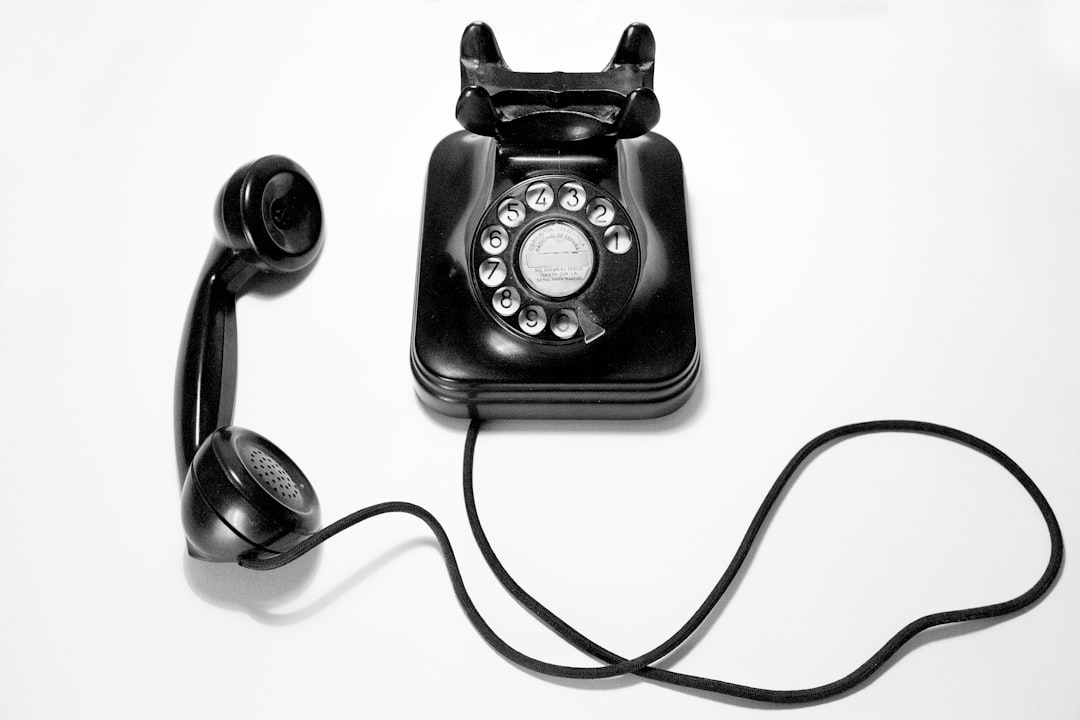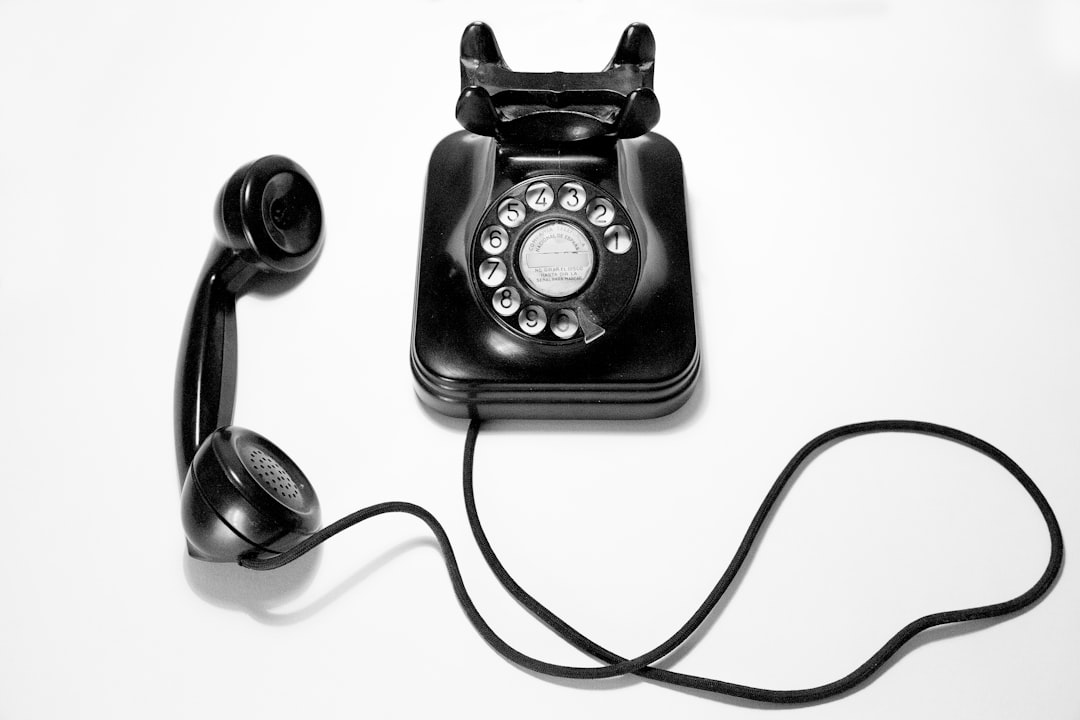Caller ID technology displays caller numbers but is hindered by scammers using spoofing. Massachusetts laws like TCPA and UCL protect consumers from unwanted calls, yet private number displays and falsified information pose challenges. Unwanted call law firms in MA target individuals with promotional offers or legal threats, highlighting the need for enhanced consumer awareness and legal recourse to combat aggressive tactics.
In today’s digital age, caller ID is a ubiquitous feature that aids consumers in Taunton by providing information about incoming calls. However, despite its seemingly straightforward purpose, it has limitations when it comes to protecting users from unwanted calls. This article delves into the workings of caller ID technology, its role in mitigating nuisance calls, and consumer rights under protection laws. We also explore the constraints of caller ID for private numbers and highlight the work of an unwanted call law firm in Massachusetts (MA) as a testament to the ongoing battle against intrusive phone calls.
Caller ID Technology: How It Works

Caller ID technology is designed to display the caller’s phone number on a recipient’s device, offering a glimpse into who is reaching out. When an incoming call is made, the calling device sends a signal containing its number to the receiving phone. This information is then processed and displayed as a Caller ID on the recipient’s screen. The system relies on accurate data provided by telephone service carriers, ensuring that numbers are associated with specific individuals or entities.
In the context of the Unwanted Call Law Firm in MA, understanding this technology is essential for consumers to protect themselves from nuisance calls. By recognizing how Caller ID works, residents can better identify and manage unwanted callings, potentially avoiding legal repercussions as outlined by state regulations against such practices.
The Role of Caller ID in Unwanted Calls

Caller ID, a seemingly simple tool, plays a pivotal role in the age-old battle against unwanted calls. This technology allows recipients to identify and block numbers, providing some much-needed respite from telemarketers and scammers. In Massachusetts, where consumer protection laws are stringent, Caller ID becomes an essential weapon for residents facing relentless unwanted call campaigns. By displaying the caller’s information, it empowers individuals to take proactive measures against nuisance calls, ensuring their privacy and peace of mind.
However, despite its advantages, Caller ID has limitations. Scammers often use spoofing techniques to mask their identities, making it easier for them to bypass these defenses. This has led to an evolution in the tactics of unwanted call law firms operating in MA, who adapt quickly to avoid detection. While Caller ID remains a crucial first line of defense, consumers must also stay informed and utilize additional tools and services to combat this persistent issue effectively.
Consumer Rights and Protection Laws

In Taunton, as in the rest of Massachusetts, consumers are protected by various laws designed to safeguard them from unwanted or harassing phone calls. The Telephone Consumer Protection Act (TCPA) is a federal law that limits how businesses and individuals can use automatic dialing systems and prerecorded messages to make telemarketing calls. It also restricts the number of times these calls can be made, especially during certain hours, to protect consumers’ privacy and peace of mind.
Additionally, Massachusetts has its own Unwanted Call Law firm (UCL) regulations, which further enhance consumer rights. These laws empower residents to take action against persistent or nuisance calls by filing complaints with the state’s Attorney General’s Office. If found guilty, violators can face substantial fines. Consumers in Taunton who feel their rights have been infringed upon by unwanted calls are encouraged to consult legal professionals specializing in TCPA and UCL cases, particularly those near MA-based call law firms, for guidance and potential recourse.
Limitations of Caller ID for Private Numbers

While Caller ID provides valuable information about incoming calls, it has limitations when it comes to private or anonymous numbers. In Massachusetts, where the Unwanted Call Law firm plays a significant role in addressing consumer issues, this is particularly relevant. Private number display often masks the true identity of the caller, making it difficult for recipients to discern whether the call is legitimate or potentially harmful. This anonymity can be exploited by scammers and telemarketers who use blocked or private numbers to avoid detection and comply with anti-harassment laws while still attempting to make unwanted calls.
As a result, consumers in Taunton and across Massachusetts face challenges when trying to protect themselves from nuisance calls. Despite efforts like the Unwanted Call Law, which aims to regulate and penalize such practices, technical advances allow caller ID information to be falsified or obscured. This underscores the need for enhanced consumer awareness and additional tools to combat unwanted calls effectively.
Case Studies: Unwanted Call Law Firm MA

In recent years, unwanted calls from law firms in Massachusetts have become a significant concern for consumers in Taunton and beyond. Case studies show that many residents are receiving phone calls from legal entities promoting settlement offers or threatening legal action for various alleged violations. These unsolicited calls often target individuals with past or potential legal issues, leaving them feeling vulnerable and overwhelmed.
One notable example involves an elderly resident of Taunton who received repeated calls from a prominent unwanted call law firm MA, demanding immediate payment for a supposed outstanding debt. The frequency and aggressiveness of these calls caused significant distress to the individual, highlighting the need for better consumer protection against such tactics. This case study underscores the importance of understanding one’s rights and exploring legal avenues to stop relentless phone harassment from law firms engaging in questionable marketing practices.






